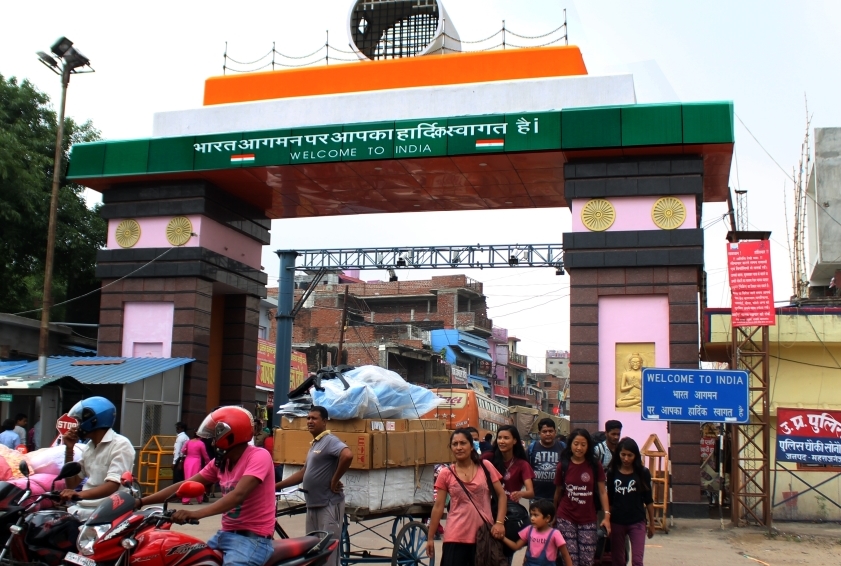Kathmandu: Nepal said Friday that efforts were being made to resolve the border issue with India through “dialogue and diplomatic initiatives” and a joint boundary group is working on the matter.
Nepal shares a border of over 1,850 km with five Indian states – Sikkim, West Bengal, Bihar, Uttar Pradesh, and Uttarakhand.
“Many agreements have been reached on the border (with India) except for Kalapani, Limpiyadhura, Lipulek, and Susta,” Foreign Minister N P Saud said while interacting with the media persons during a programme organised by Nepal Press Union in Dadheldhurar district of Western Nepal.
Stating that the government of Nepal was fully aware of its border and the land under its ownership, Saud said efforts were being made “to resolve the border issue through dialogue and diplomatic initiatives.”
The Joint Boundary Working Group was working on the border issues between Nepal and India, he added. In a different context, the foreign minister expressed the view that External Affairs Minister S Jaishankar’s recent visit to Nepal was “meaningful, important, and fruitful”.
During Jaishankar’s recent visit, agreements on various issues such as exporting 10,000 megawatts of electricity within the next 10 years, construction of the Pancheshwar Hydropower Project, and bringing an Indian grant amounting to Rs 10 billion for the quake-survivors of Jajarkot district among others, were reached, Saud said.
Saud said that the Pancheshwar Multipurpose Project has reached the point of breakthrough, and the preparation of its Detailed Project Report (DPR) has reached the final stage. “The project’s breakthrough is likely within a month,” he said.
He further said the number of youths going for overseas employment would decrease if the construction of the Pancheshwar, West Seti, Arun III, and Upper Karnali hydropower projects could be forwarded.
All three projects, West Seti, Arun III, and Upper Karnali, are being developed by Indian companies.
As per Indian authorities, the India-Nepal Treaty of Peace and Friendship of 1950 forms the bedrock of the special relations that exist between India and Nepal. Nepalese citizens avail facilities and opportunities on par with Indian citizens in accordance with the provisions of the treaty.
PTI
